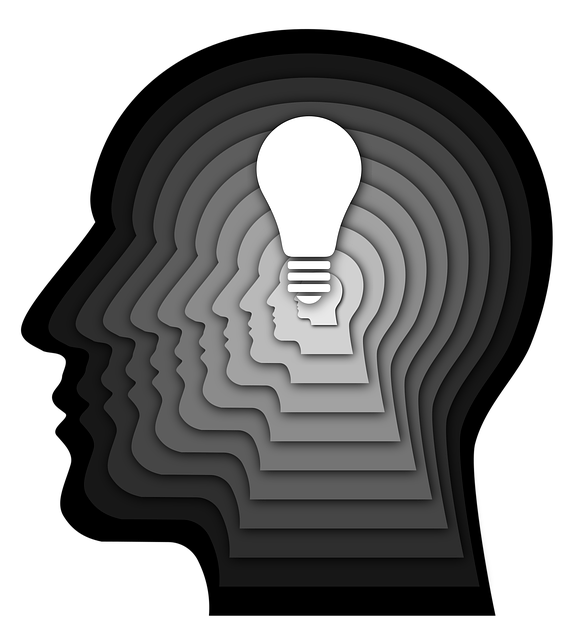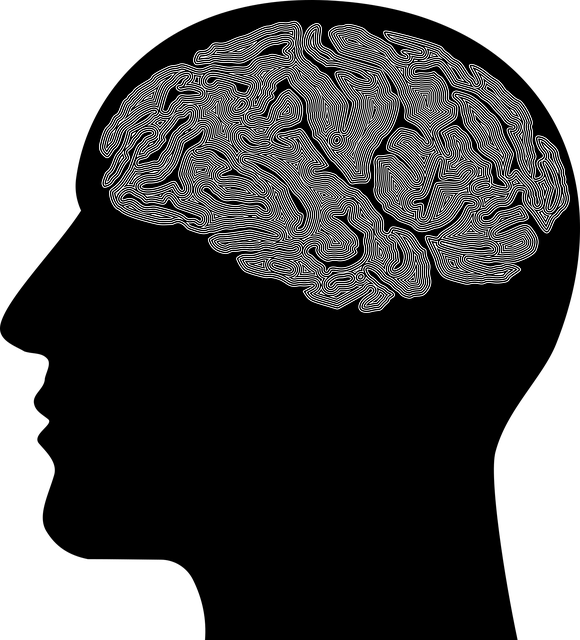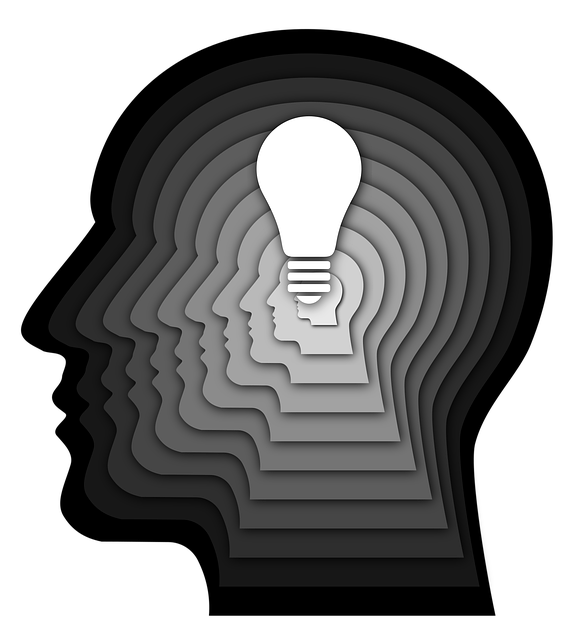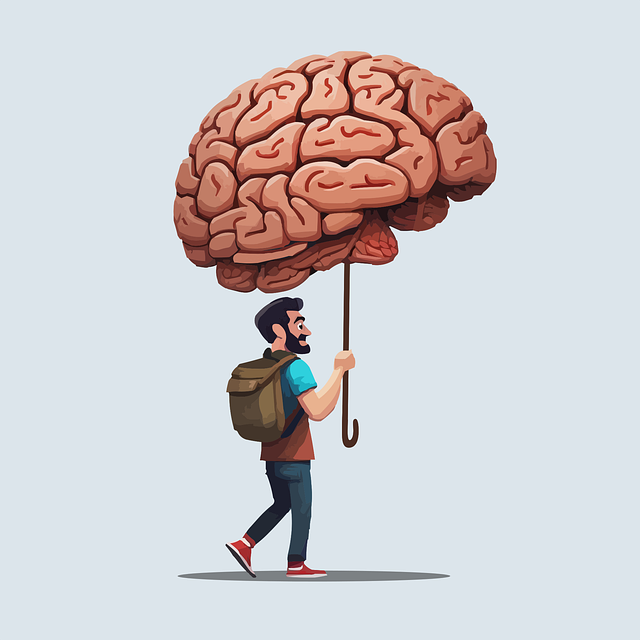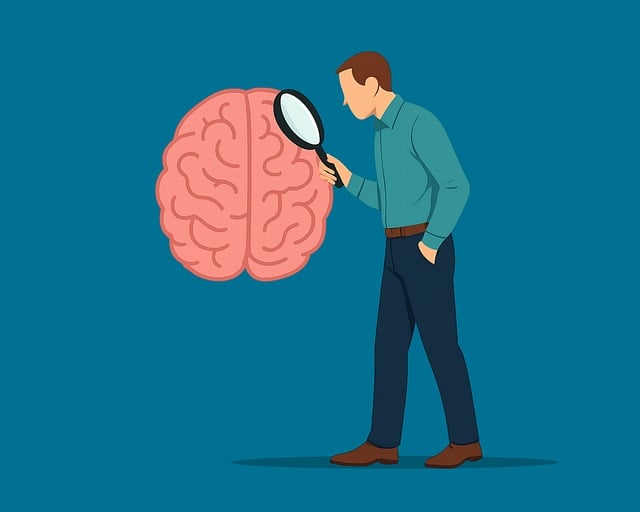Preparing and interpreting mental health data is vital for research and therapy, especially when focusing on adolescent teens. Tools like YSR or CBCL assess emotional and behavioral issues, while Dialectical Behavioral Therapy (DBT) specifically targets borderline personality disorder, emotional dysregulation, and impulsive behaviors in teens. DBT combines cognitive-behavioral techniques with mindfulness practices, offering coping strategies through individual therapy, group skills training, phone coaching, and empathy-building to reduce stigma. Analyzing mental health data is crucial for tailoring interventions like Social Skills Training and Emotional Intelligence programs, which have shown success in reducing social anxiety and enhancing self-awareness. Continuous outcome evaluation ensures therapists adapt strategies, improving coping mechanisms and quality of life for young people.
Mental health data analysis is a powerful tool for understanding and improving youth wellness. In this article, we explore key aspects of mental health data interpretation, focusing on the role of Dialectical Behavioral Therapy (DBT) in adolescent treatment. We discuss strategies for collecting and preparing meaningful data, highlighting DBT’s efficacy in addressing complex emotional needs. Furthermore, we delve into interpreting outcomes to enhance therapy results, ultimately fostering healthier, more resilient teen development.
- Understanding Mental Health Data: Collection and Preparation
- Applying Dialectical Behavioral Therapy (DBT) in Adolescent Treatment
- Interpreting Outcomes and Enhancing Youth Mental Wellness
Understanding Mental Health Data: Collection and Preparation

Understanding Mental Health Data is a foundational step before any analysis or interpretation can occur. Collecting mental health data involves gathering information about an individual’s thoughts, feelings, behaviors, and overall psychological state. This process often includes self-reported surveys, clinical interviews, and observations by professionals such as therapists, psychologists, or counselors. When focusing on therapy for adolescent teens, tools like the Youth Self-Report (YSR) or the Child Behavior Checklist (CBCL) are commonly used to assess emotional and behavioral problems.
Preparation of this data is crucial, involving cleaning and organizing the information to ensure accuracy and consistency. This step may include handling missing values, identifying outliers, and categorizing responses for easier analysis. For instance, in a study focused on Dialectical Behavioral Therapy (DBT) for Anxiety Relief, the preparation phase would entail codifying responses related to emotional regulation, distress tolerance, and interpersonal effectiveness skills, enabling researchers to quantify improvements in these areas over time. Incorporating Self-Care Routine Development for Better Mental Health can also be part of this preparation by identifying behaviors or practices that positively impact mental wellness.
Applying Dialectical Behavioral Therapy (DBT) in Adolescent Treatment

Dialectical Behavioral Therapy (DBT) has emerged as a powerful approach in treating adolescent teens grappling with mental health issues. This therapy is particularly effective for those diagnosed with borderline personality disorder, emotional dysregulation, and impulsive behaviors. DBT combines cognitive-behavioral techniques with mindfulness practices to help young individuals develop coping strategies and improve their overall well-being. The core components of DBT include individual therapy sessions, group skills training, phone coaching, and a strong focus on building empathy and reducing the stigma associated with mental illness among teens.
By employing DBT’s empathy-building strategies, therapists foster a supportive environment where adolescents feel understood and encouraged to express their emotions. This approach not only enhances therapeutic relationships but also empowers teens to regulate their moods and make healthier choices. Additionally, public awareness campaigns development around mental health issues, coupled with DBT implementation, can significantly contribute to stigma reduction efforts. Such initiatives can lead to earlier interventions and improved access to evidence-based treatments for adolescent teens in need.
Interpreting Outcomes and Enhancing Youth Mental Wellness

Interpreting outcomes from mental health data is a critical step in enhancing youth mental wellness. By analyzing trends and patterns within the collected data, practitioners can gain valuable insights into the effectiveness of interventions such as Therapy for Adolescent Teens and Dialectical Behavioral Therapy (DBT). This process involves identifying what works best for different individuals and groups, ensuring tailored support that addresses specific needs. For instance, Social Skills Training has shown promise in improving communication and reducing social anxiety among teens, while Emotional Intelligence programs foster self-awareness and regulation, contributing to overall mental health awareness.
Integrating these findings into clinical practice can lead to more targeted and efficient therapy approaches. Mental Health Awareness initiatives can be enhanced by data-driven decisions, allowing for the design of comprehensive programs that address both individual and collective mental health challenges. By continuously evaluating outcomes, therapists can adapt their strategies, ultimately promoting better coping mechanisms and improved quality of life for young people navigating emotional and psychological hurdles.
Mental health data analysis is a powerful tool for understanding and improving youth wellness. By delving into data collection, preparation, and interpretation, we can identify trends and outcomes associated with various treatments, such as Dialectical Behavioral Therapy (DBT), specifically tailored to adolescent teens. This knowledge enables professionals to make informed decisions, enhance therapeutic approaches, and ultimately foster better mental health outcomes for young people. DBT’s evidence-based practices offer a promising game-changer in navigating the complex landscape of adolescent mental health.

